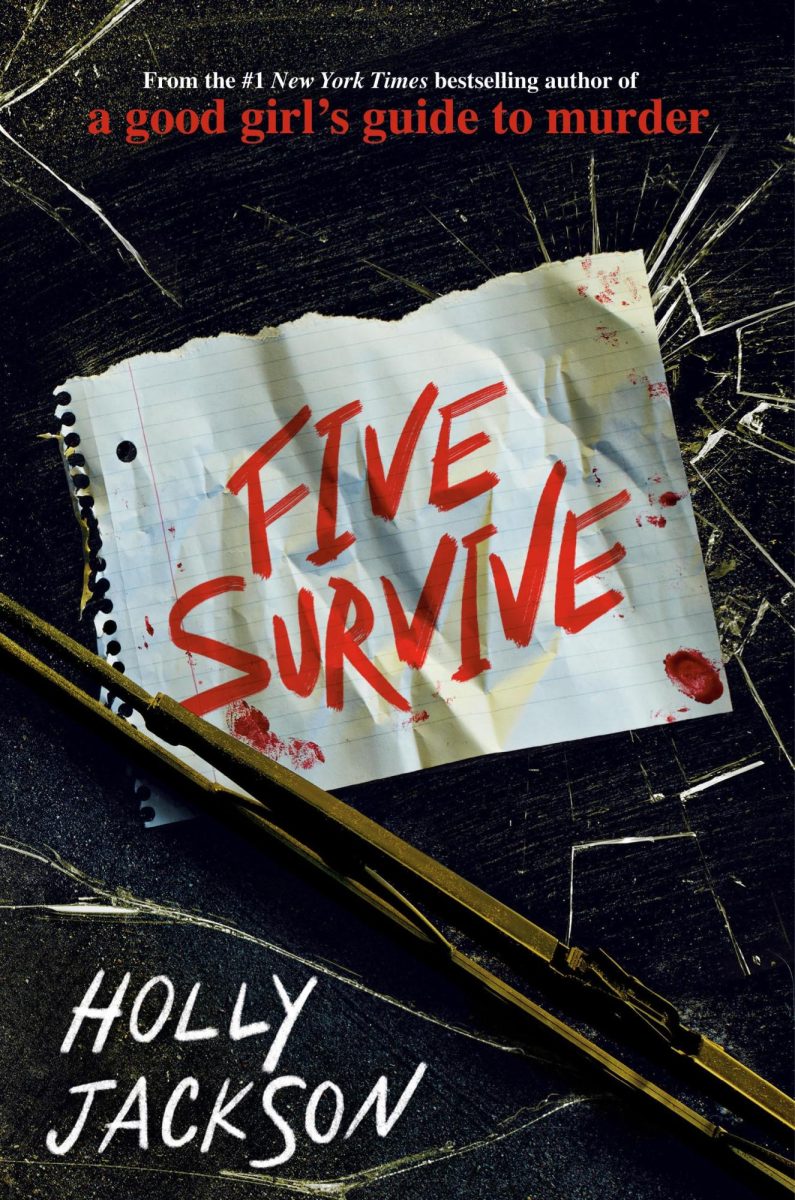Ladies and gentlemen, the NEO proudly presents “The Fourth Wall is a Suggestion,” A play that invites us to ask the burning question:
“What if acting was just… acting?”
You figured a Wednesday night needed something special, so you rolled the dice and skipped booking on Ludus. Somehow, you got a seat, probably because some poor souls were bombed by their Calculus exam and missed out, despite having tickets. Inside the theater, everyone’s wondering if this play, with its “what does that even mean?” title, will be a hit or a miss.
Spoiler Alert: It’s both.
The curtain rose on a stage that’s well… a stage. No fancy set, just a spotlight on Chad McChewscenery. He stared into the abyss (or maybe just Row 10) and declared, “Acting is behaving truthfully under imaginary circumstances!” He then spent 10 minutes “truthfully” eating a sandwich. Crumbs flew. Silence fell. You debated clapping. You didn’t.
And… you might be wondering, “What’s the plot?” Well, lucky for you, Chad gave you a preview of the show: Actors rehearsing a play about actors rehearsing a play. The script? A PDF titled “Draft_Final_FINALLL(3)(1).docx” with 90% of its stage directions like, “Pause meaningfully (or don’t, we’re not your mom).”
FYI, you are not off the hook… yet. Halfway through, Chad leapt into the seats, snatched a freshman’s backpack, and dumped everything out onstage: a laptop, a half-eaten Quest protein Bar, and a stress ball shaped like Freud. “Behold!” he shouted. “The baggage of our daily lives! The baggage of tiresomeness! The baggage of… why does anyone own this many highlighters?”
You laughed because Chad has always been a pro at improv (and chaos). But then it struck you—this play isn’t just a mess; it’s your mess. The cast improvised a scene about finals week with the student’s bag. Apparently, the Freud stress ball stands for “societal expectations.” The Quest Protein Bar is a metaphor for “how people are consuming our own ambitions.” The audience, initially puzzled, started to… relate (or at least you assumed when someone shouted: “This is my ESSENCE!”).
Just as you observed how the play turns into chaos, Chad broke character (or did he?). “You came here over-caffeinated and stressed out,” he said, as he held the Freud stress ball. “But look at you now! You’re laughing! You’re crying! You’re Googling ‘how to sue a theatre department’!”
Then—magic. A hush falls. The girl in Row 3, who’d been texting “SOS, this is so weird,” put her phone away. Even the Freud stress ball onstage seemed moved. For a split second, it hits you: theater connects.
The actors bowed; the spell broke. Everyone clapped.
But let’s be real—this play is a mess. But buried under the carb-heavy metaphors is truth: Theatre isn’t about escaping reality. It’s about dragging reality onstage, and saying, “Look at this nonsense! Let’s laugh and cringe and feel something!”
Theatre cracks your heart open. And somehow, that’s enough.
Curtain. Or whatever. Pass the highlighters.






